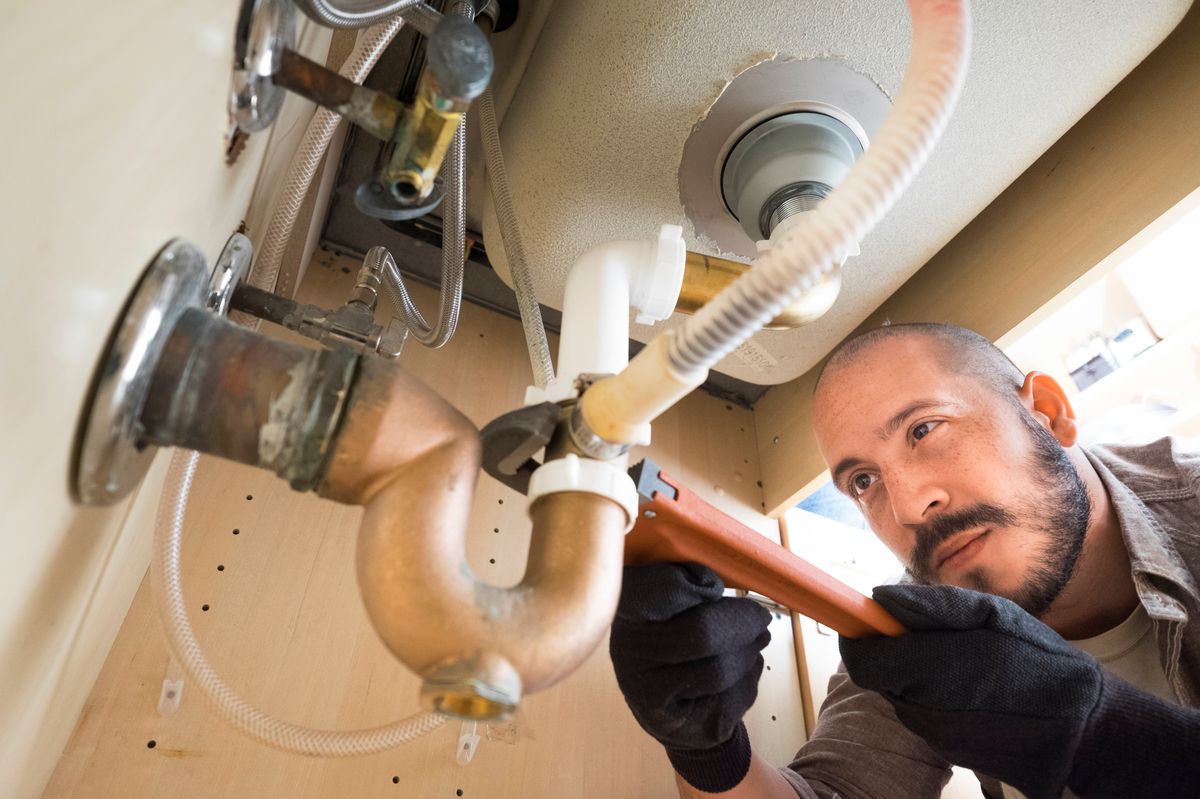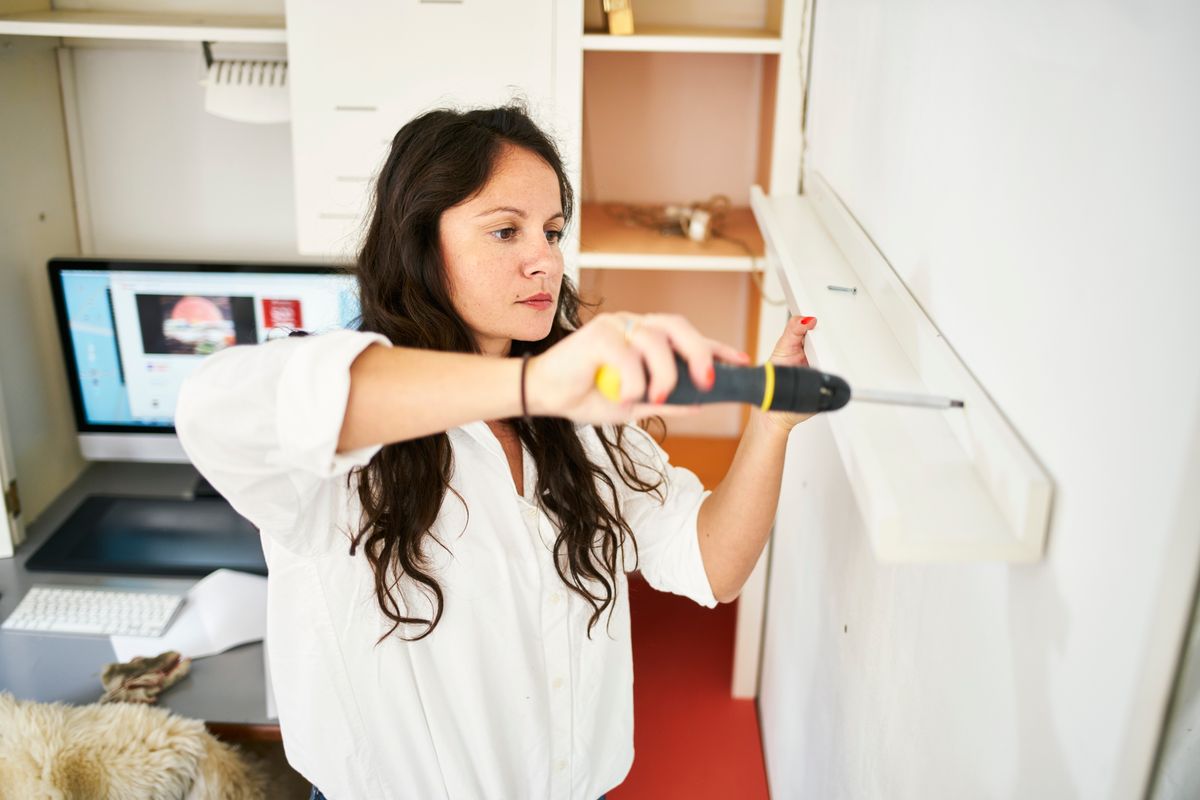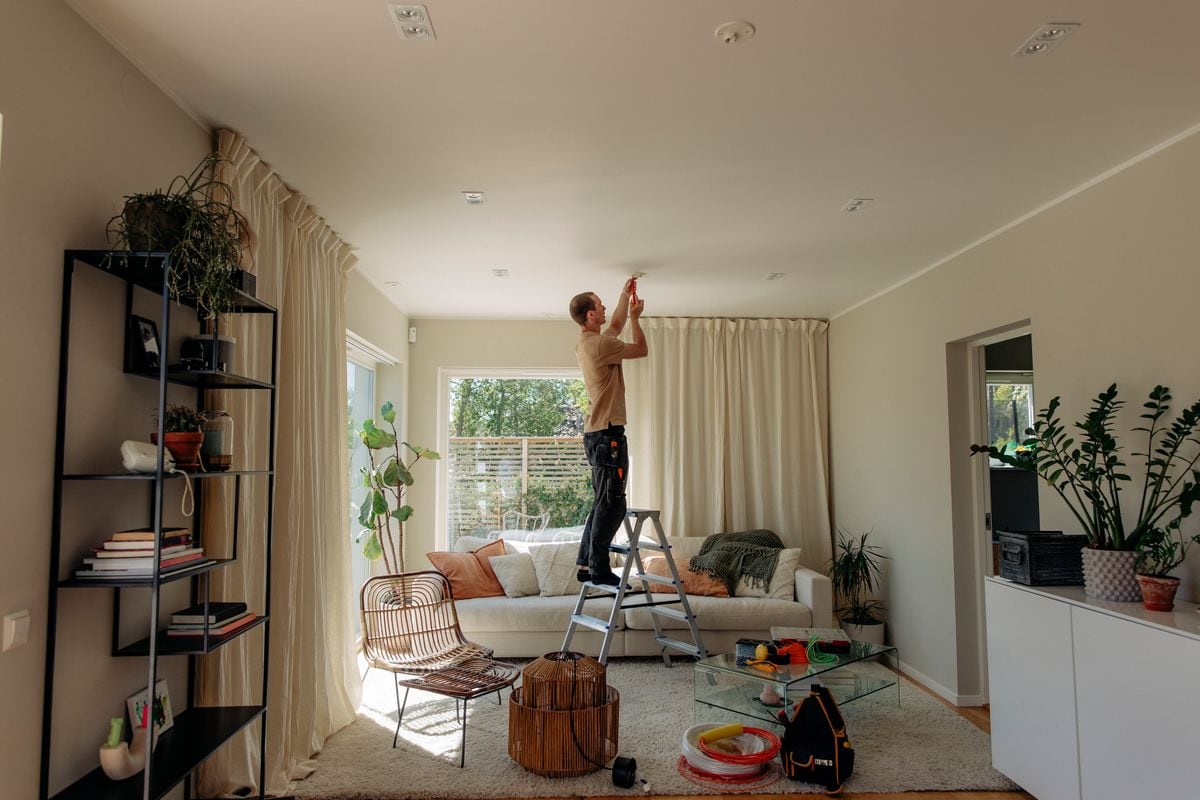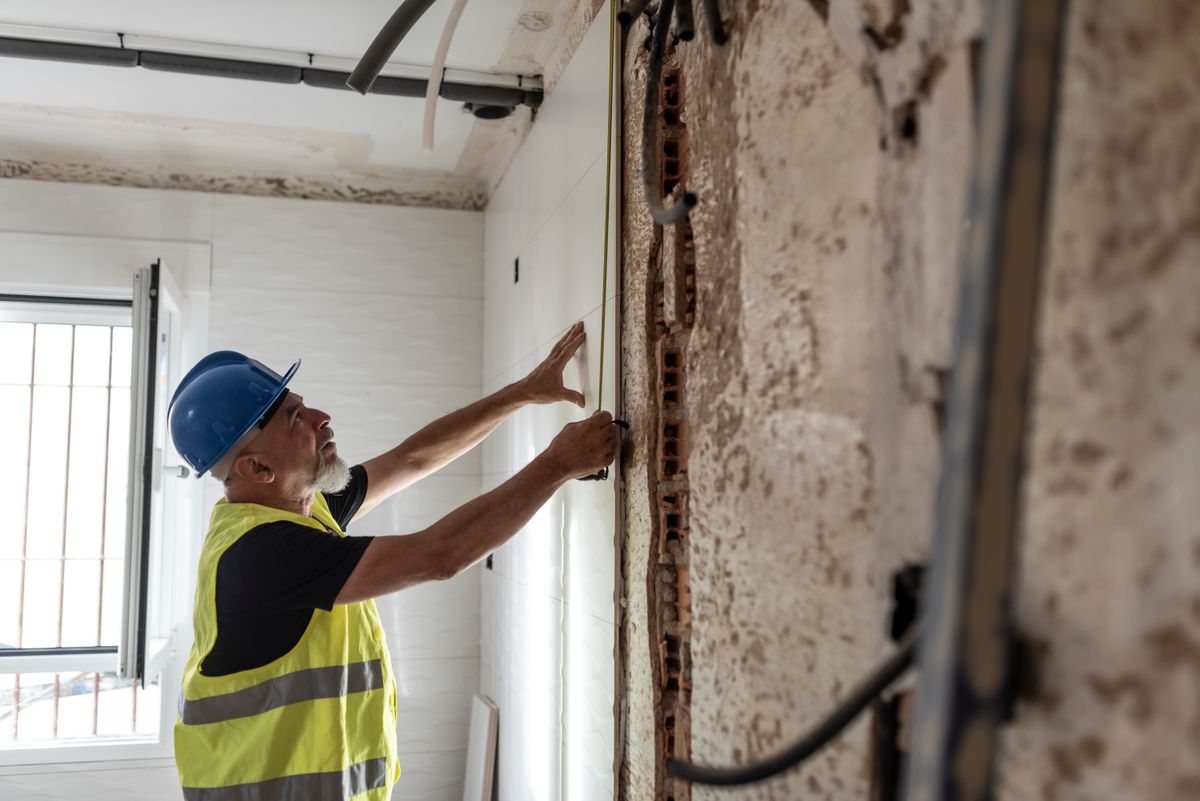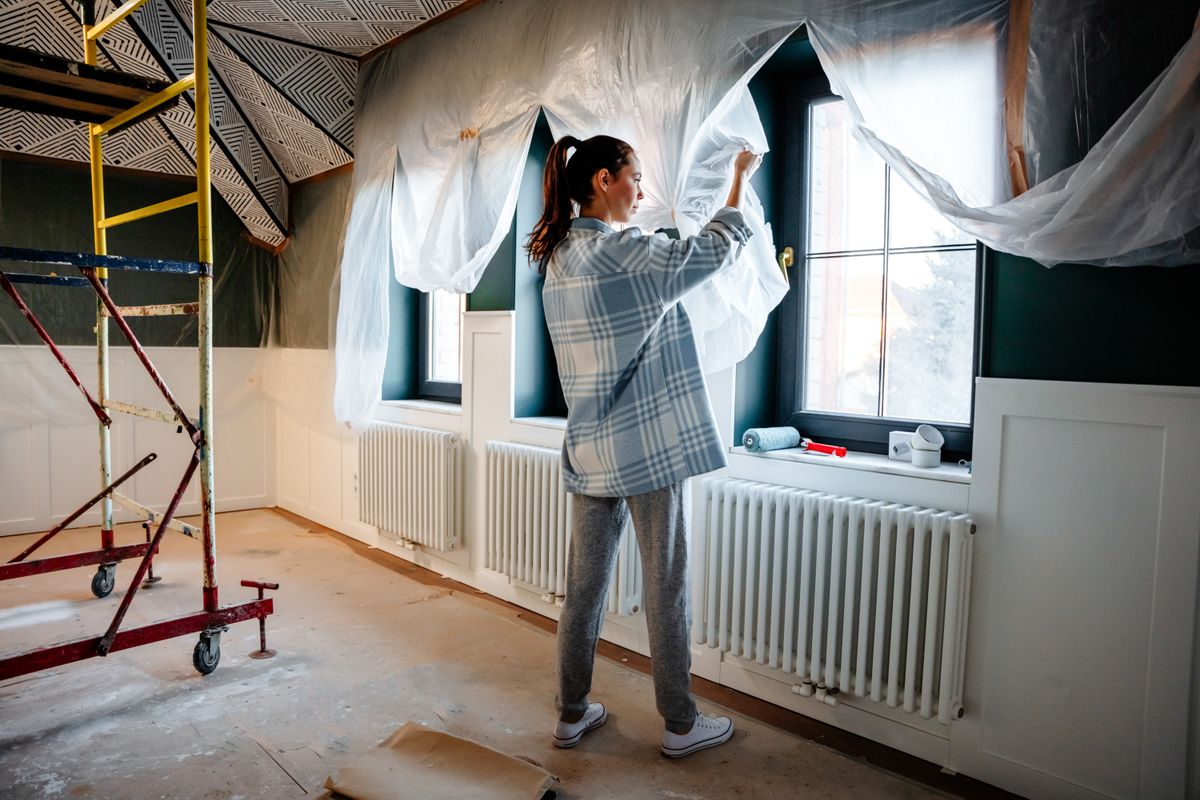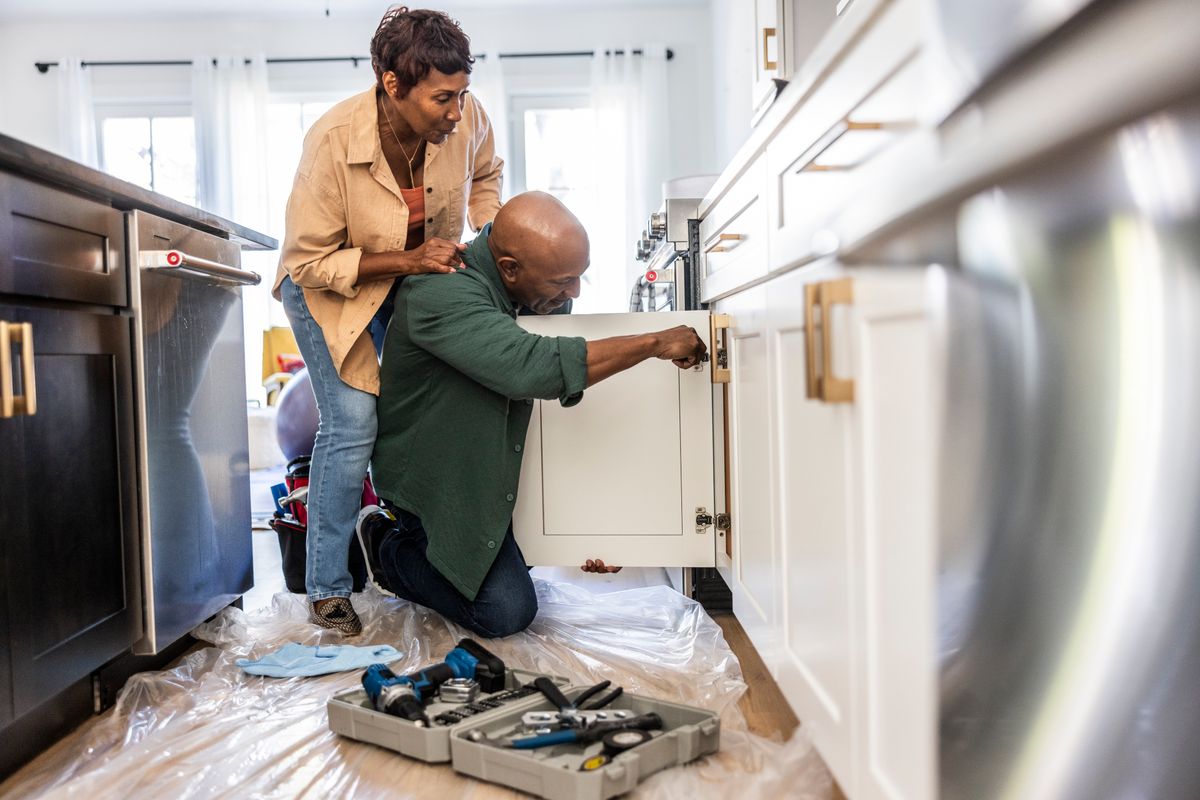So you're renting a place, something breaks (of course), and suddenly you're in the middle of the age-old showdown: Do I call the landlord, or is this coming out of my own wallet? Spoiler alert: it depends.
But don't worry, we're breaking it all down so you won't be left Googling "how to fix a leaking ceiling" at 2 a.m. Let's get into it.
What's Usually the Landlord's Job?
Landlords are generally the MVPs when it comes to the big stuff. We're talking:
- Broken HVAC
- Plumbing issues
- Roof leaks
- Electrical problems
- Mold or pest situations (unless you caused them—more on that in a sec)
"Big ticket items like AC units or pool leak are done by the landlord... Usually we write in that if the repair is less than $100, it's the tenant's responsibility," Jeff Lichtenstein, CEO of Echo Fine Properties in Delray Beach, Florida, told ¡Hola!
So yeah, if your entire bathroom decides to flood, it's not on you. But if your $8 shower curtain rod falls? That might be another story.
Ryan David, real estate investor and landlord with 607 Home Buyers in New York, agreed. "Repairs generally are made by the landlord... But the lease might specify exceptions—like tenants getting a rent discount in exchange for handling certain jobs," he says. (Side note: Ryan doesn't recommend that kind of handshake deal. Too risky.)
But What About the Tenant's Responsibilities?
As a tenant, you're expected to handle the little things and not trash the place. This could include:
- Changing light bulbs
- Unclogging drains you clogged
- Replacing batteries in smoke detectors
- Keeping things clean and pest-free
If you spill wine on the carpet or punch a hole in the wall during an intense round of VR boxing, sorry, that's all you.
"The renters would be responsible for any damage caused by them... like mold growth from neglect, holes in walls, or pest infestations they created," Omer Reiner, licensed Realtor and president of FL Cash Home Buyers, told ¡Hola!
Check. The. Lease. Always.
Here's the golden rule: your lease is the final word. Every rental agreement is different; what flies in Georgia might not be in New York.
Jeremy Smith, a residential Realtor in Atlanta, said, "In most cases, the landlord is responsible for handling necessary repairs… but it's always important to review the lease agreement, because specific responsibilities can be negotiated and outlined there."
Also, many leases have dollar amount thresholds. Ryan Dossey, co-founder of SoldFast, says, "Some leases will have a dollar threshold, such as $50–100, where the landlord is responsible for anything above that amount."
So yes, your lease could say you're responsible for fixing a busted microwave if it's under a certain cost. Wild? Maybe. But legal? Probably.
What About Appliances, Lawn Care, and Other Gray Areas?
This is where things get spicy. Some landlords provide appliances "as-is," meaning if the garage fridge dies, they're not replacing it. Virginia-based agent Robert Levi Thompson told ¡Hola!: "Appliances are often optional or as-is in the lease. If they break, the tenant has to replace them on their own if they choose to."
Things like landscaping are up for negotiation. Jeremy Smith explained, "Routine maintenance such as landscaping can often be negotiated upfront—sometimes the tenant covers it, sometimes the landlord does."
Short-Term vs. Long-Term Rentals: There's a Difference
Jeff Lichtenstein added that short-term rentals usually come with more landlord hand-holding. But for long-term leases? "Year-round rentals give more latitude with tenant paying for repairs... Most longer-term rentals have clauses in the contract defining who does repairs."
Translation: If you're renting for a while, expect to take on more responsibility, at least for minor stuff.
So, Who Are You Going to Call?
When something breaks, here's your action plan:
- Read your lease
- Assess the damage: is it a major issue or a minor fix?
- Reach out to your landlord if it's big or unclear.
- If it's a lightbulb, a drain clog, or something minor within your agreed-upon budget threshold, handle it yourself.
Communication Is Key
Don't play the guessing game if you're not sure who's responsible. Talk to your landlord, reference your lease, and be proactive. The worst thing you can do is ignore a minor problem until it turns into a big, expensive one (ask anyone who's ever dealt with a "tiny" leak that became a ceiling cave-in).
The bottom line? Knowing your responsibilities saves you drama, dollars, and landlord side-eyes. Read the lease, ask questions, and take care of your space, whether you are for a year or just a season.
,type=downsize)


